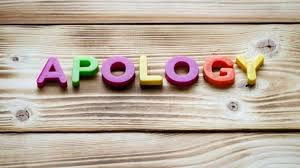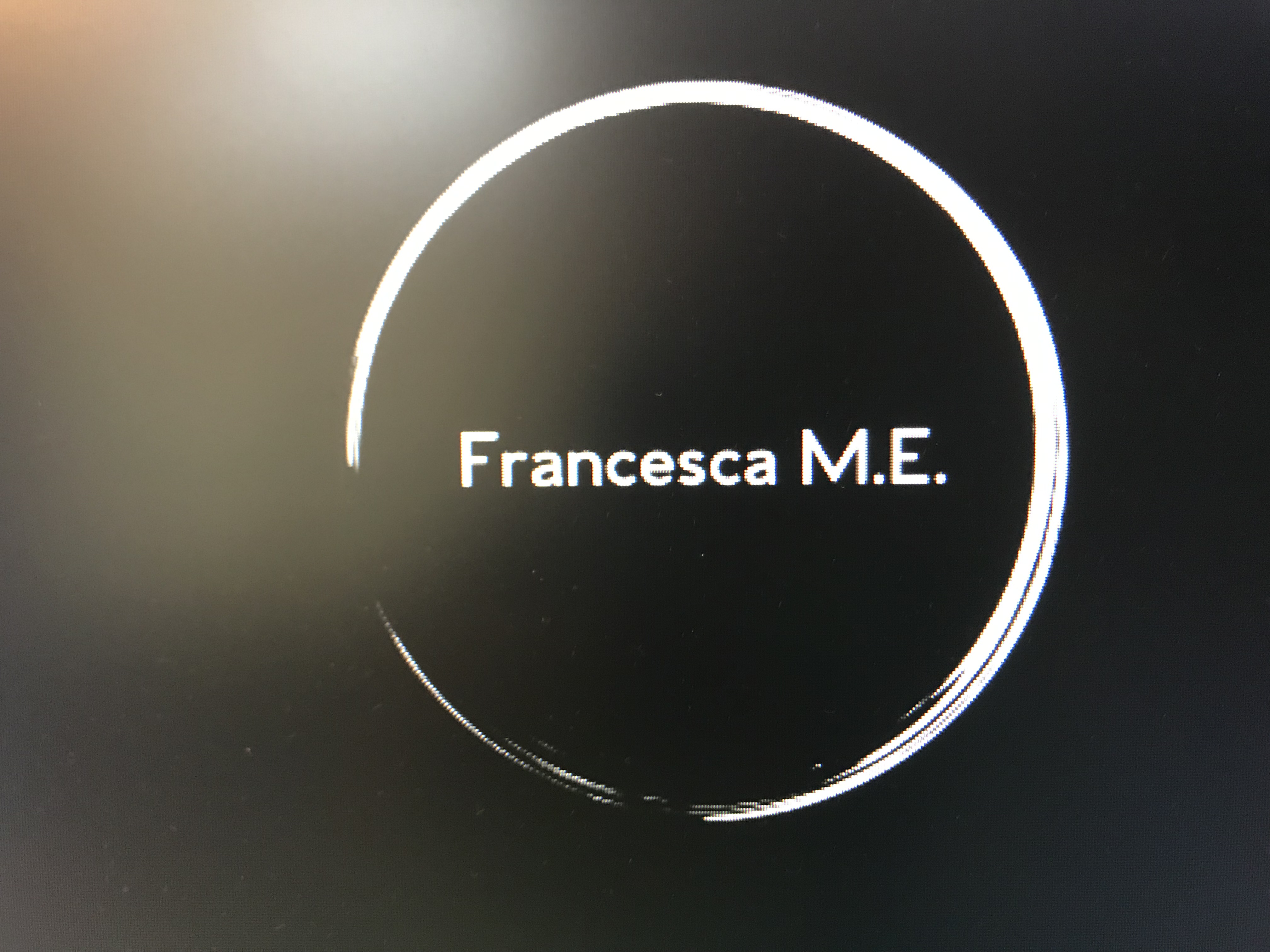Apologies
 I made a boo-boo. I thought one thing, but I was wrong. I fessed up. I said I was sorry. The other person said no problem. Done.
I made a boo-boo. I thought one thing, but I was wrong. I fessed up. I said I was sorry. The other person said no problem. Done.
That’s simple life right there. But, still, some people aren’t holding themselves accountable. Blaming is easy, too, right, but it doesn’t help matters – and by matters, I mean being in a mutually respectful relationship.
Do you know what happens when we don’t apologize and take responsibility for our actions? We get this negative (invisible) fuzz on us, and it becomes a weight after a lot of time not fessing up. And that weight makes us feel yucky. We might not acknowledge any of that, but it’ll show up in our lives as unfortunate events, heartbreak, or some sort of pain. Our minds instinctively know what is right, but we must dial in that mindset on the right frequency. And sadly, many of us aren’t.
I used to be an “over apologizer.” That’s where I would apologize for everything, even if it was not my fault. If someone had bumped into me, I’d apologize. Shit like that. Crazy, right? Is it from having low self-esteem? Perhaps. We won’t see change until we figure out the puzzle in our minds and pay more attention to our words and actions. Change happens when we acknowledge what we’re doing.
As a writer and storyteller, I have absorbed a lot, which helps me write better. Some people’s apologies seem hollow. They say the words, but there’s nothing behind them. I’m sure you’ve experienced that too. The “I’m so sorry” sounds like, “I’m saying the words to you, but I don’t believe in them.” We are not dummies! We can sense fake apologies!
Saying sorry implies that you don’t take yourself so seriously and that we are not the end-all, most important person on earth who doesn’t have to apologize. That’s narcissism and is based on insecurity. Not a good way to live. We can’t connect with people, and being connected is our birthright. We are meant to be with people, not propped on a high horse looking down on the peasants. That creates resentment and anger (low-frequency emotions).

Could you imagine how it would feel if those who hurt you apologized (and meant it)? We would feel elated, seen, and respected. That’s what apologies do. Not to say I’d go back to my old ways of being the over-apologizer, but maybe the lady who bumped into me needed to hear the words “I’m sorry” to tell her that it’s nice to apologize if you do something wrong. Or maybe she’s an asshole, and I just reinforced her asshole mindset. I don’t know. The point is, it’s not a bad thing to say, “I’m sorry,” even if it wasn’t your fault.
But – and here’s the BIG BUT – don’t make it a habit of over-apologizing. It takes away from your power. It does. It keeps you small. Shake it off, stretch the neck like a boxer before a match, and stop doing it.
I read this someplace: instead of saying I’m sorry” when you’re late, say “Thank you for waiting.” You can hear the difference. One shows a squeaky mouse that doesn’t think they deserve to be heard, and the other is an intelligent monkey very sure of himself (that wears a tie and mirrored shades.)

When you say you’re sorry, make sure it’s for the right reason and not just saying the words to make an uncomfortable situation disappear. That doesn’t help anyone. You enable the person doing the wrong act to think they did nothing wrong, and you devalue yourself by accepting wrong behaviors.
A heartfelt “I’m sorry” that you mean and feel regret for your actions can mend even the most broken relationships. It really can. People just want to feel loved and respected.
Today’s lesson is simple:
If you hurt someone, apologize – and mean it.
Thank you for reading this, and let me know your experiences with apologies.
To Saying I’m Sorry,
Francesca
